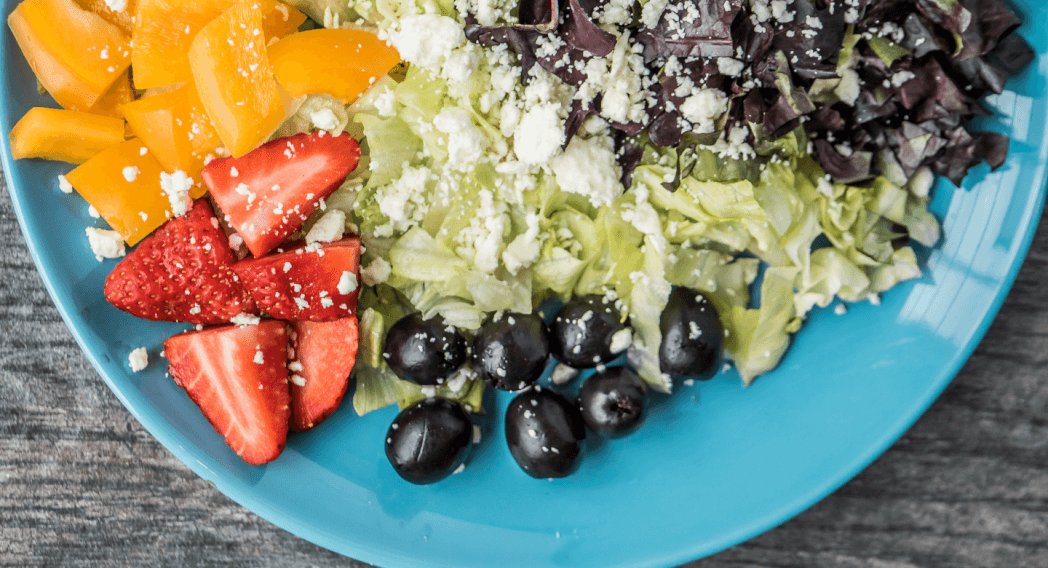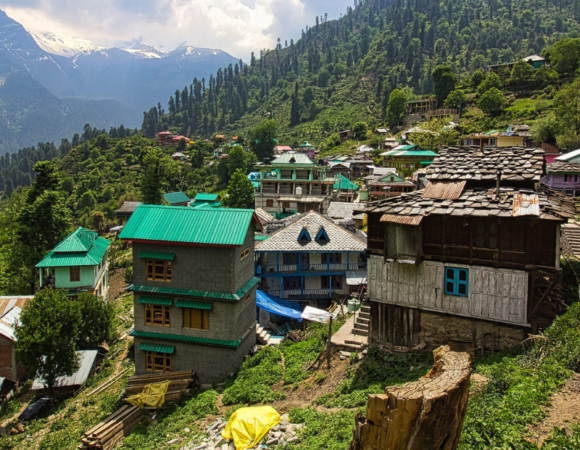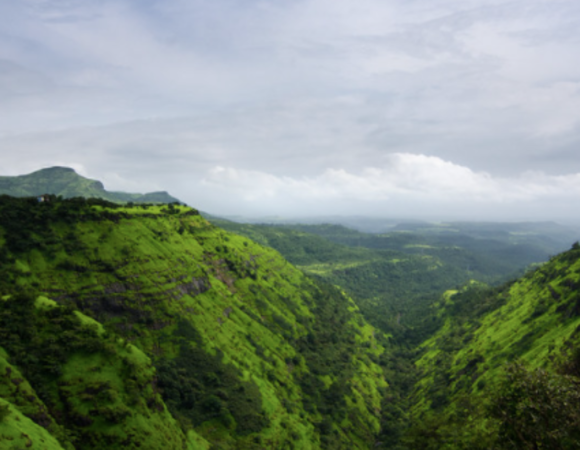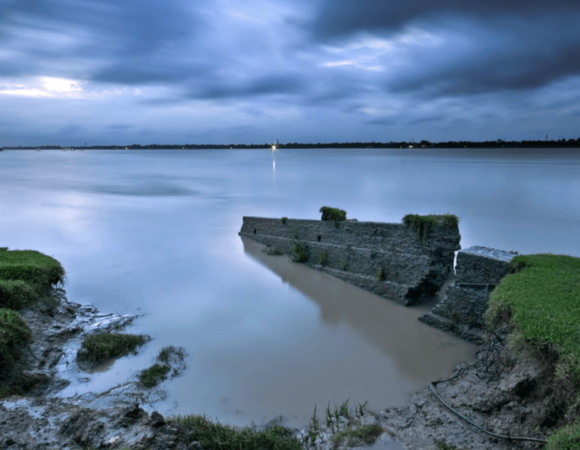Essential Nutrients for Trekkers: What to Eat Before, During, and After the Trek
Nutrients for trekkers play a crucial role in ensuring endurance, strength, and overall well-being during long and challenging hikes. Trekking demands continuous energy, muscle recovery, and hydration, making it essential to fuel the body with the right balance of macronutrients and micronutrients. Without proper nutrition, trekkers may experience fatigue, muscle cramps, or even altitude-related issues, which can hinder their adventure.
Table of Contents
ToggleUnderstanding the key nutrients for trekkers helps in optimizing performance, improving stamina, and reducing the risk of exhaustion. From carbohydrates that provide sustained energy to proteins that support muscle repair, each nutrient plays a vital role in keeping trekkers fit and active. Additionally, essential vitamins, minerals, and hydration strategies ensure that the body functions efficiently, even in extreme conditions.
By focusing on the right nutrients for trekkers, you can enhance your trekking experience, recover faster, and enjoy the journey without compromising your health. Let’s explore the must-have nutrients and how they contribute to a successful and enjoyable trek.
Why Nutrients Are Important for Trekkers
Your body goes through a lot when you’re trekking through rugged trails, climbing steep hills, or crossing long distances. It burns energy, works hard to keep you moving, and pushes your muscles to their limits. This is why nutrients for trekkers are so important—they are the fuel that keeps your body going and ensures you stay strong throughout the adventure.

- Energy for Physical Activity
Trekking is physically demanding, and your body needs a constant supply of energy to keep up with the activity. Carbohydrates are the main source of quick energy. Without enough carbs, you might feel sluggish, tired, or even dizzy. Proper nutrients keep you energized so you can enjoy the trek and avoid exhaustion.
- Muscle Recovery and Strength
During a trek, your muscles undergo stress and micro-tears. Protein is essential for muscle recovery and growth. Without enough protein, your muscles might take longer to recover, leading to soreness or fatigue. By getting enough nutrients like protein, your muscles stay strong and ready for the next leg of your journey.
- Prevention of Health Issues
When trekking in high altitudes or harsh conditions, your immune system can take a hit. Proper nutrients, such as vitamins and minerals, help boost your immune system and prevent illnesses. Nutrients like vitamin C (found in fruits) and zinc (found in nuts and seeds) help protect your body, keeping you healthy during your trek.
- Hydration and Proper Fluid Balance
Dehydration is one of the most common issues trekkers face. Your body loses fluids through sweat, and if you don’t replace those lost fluids, it can affect your energy levels, and muscle function, and even cause dizziness. Electrolytes (found in fruits, vegetables, and electrolyte drinks) help maintain the right balance of fluids in your body and keep you hydrated, preventing cramps and fatigue.
- Long-Lasting Endurance
Trekking often involves long days of walking, sometimes in tough conditions. Healthy fats are important for providing sustained energy over time. Unlike carbohydrates, which give quick energy, fats provide a slow and steady release of energy, helping you stay strong and maintain your endurance throughout the day.
- Prevents Fatigue and Cravings:
When your body isn’t getting the right nutrients, it can lead to fatigue, irritability, and hunger pangs. You might feel more tired than usual if you don’t have enough nutrients like iron. Proper nutrition, including a balance of carbs, proteins, fats, and minerals, helps you avoid these issues, so you can focus on enjoying your trek instead of battling fatigue or hunger.
6 Essential Nutrients for Trekkers

1. Carbohydrates: Your Energy Source
Carbs are the primary source of energy for trekkers. As you hike, your body burns through carbohydrates quickly, so it’s important to load up on them. Foods like whole grains, fruits, and veggies are packed with carbs that provide long-lasting energy. Choose easy-to-carry snacks like trail mix, energy bars, or fruits like bananas for quick energy.
2. Proteins: Muscle Repair and Recovery
Trekking can put a strain on your muscles, so you need proteins to repair and rebuild them. Proteins help prevent muscle soreness and keep you strong on the trail. Some good sources of protein for trekkers are nuts, seeds, lean meats, and legumes. Don’t forget to pack protein-rich snacks like jerky or protein bars for those long trekking days.
3. Fats: Sustained Energy for Long Treks
While carbohydrates provide quick energy, fats offer a slow and steady release of energy. Healthy fats, like those found in avocados, nuts, and olive oil, are essential for trekkers. They help keep you feeling full and satisfied, while also providing the energy needed for those challenging, long treks.
4. Vitamins and Minerals: Keep Your Body Running Smoothly
Vitamins and minerals are crucial for trekkers. They support everything from your immune system to muscle function.
- Vitamin C (found in citrus fruits and bell peppers) helps keep your immune system strong.
- Potassium (found in bananas and sweet potatoes) helps with muscle function and prevents cramps.
- Magnesium (found in nuts, seeds, and dark chocolate) helps reduce muscle fatigue and aids in recovery.
- Be sure to eat a variety of colorful fruits and vegetables to get all the essential vitamins and minerals your body needs.
5. Hydration: The Most Important Nutrient for Trekkers
Staying hydrated is just as important as eating the right nutrients. Dehydration can lead to fatigue, muscle cramps, and even more serious health issues. Always carry enough water and drink regularly. You can also supplement your water with electrolyte-rich drinks to help replenish lost minerals.
6. Iron: For Oxygen Delivery
Trekking at high altitudes can make it harder for your body to get enough oxygen, which is why iron is important. Iron helps your body deliver oxygen to your muscles, preventing fatigue. Foods like red meat, leafy greens, and beans are great sources of iron. Make sure you include these in your meals to stay strong and energized.
Trekker’s Meal Plan – What to Eat Before, During, and After the Trek
Pre-Trek Nutrition – Preparing Your Body

Before starting your trek, you want to fuel your body with energy-boosting meals and proper hydration to ensure optimal performance.
Balanced Meals with Carbs, Proteins, and Healthy Fats:
- Carbs: Whole grains like brown rice, chapati, or poha will provide you with sustained energy throughout the trek.
- Proteins: Lentils, chickpeas, and paneer are great plant-based protein sources.
- Healthy Fats: Ghee, nuts, seeds, and avocado are excellent sources of healthy fats that will keep you energized.
Hydration Tips Before the Trek:
- Drink water consistently in the days leading up to your trek (aim for 2–3 liters per day).
- Include coconut water or buttermilk to replenish electrolytes naturally.
- Avoid alcohol or excessive caffeinated drinks before the trek, as they can lead to dehydration.
Example Meals for Pre-Trek Energy:
- Breakfast: Poha (flattened rice) with peas, peanuts, and a sprinkle of lemon for a fresh start.
- Lunch: Chickpea curry (Chole) with brown rice or whole wheat chapati and a side of salad.
- Dinner: Grilled vegetable or paneer with sweet potato and steamed broccoli.
On-Trek Nutrition – Sustaining Energy

While trekking, it’s important to consume high-energy, easy-to-carry snacks that will keep you going through the journey.
Quick and Nutritious Trail Snacks:
- Trail mix (peanuts, cashews, raisins, almonds, and a dash of masala for extra flavor)
- Energy bars (look for ones with nuts, seeds, and dried fruits, or make your own with oats and honey)
- Fresh fruits like apples, bananas, or guava for a refreshing natural sugar boost
- Makhana (fox nuts) roasted with a bit of ghee and salt, a great snack rich in protein
Read More About High-Energy Snacks for Trekking: An Indian Perspective
Hydration Strategies and Electrolyte Intake:
- Drink water consistently during the trek, ideally every 20-30 minutes.
- Carry a water bottle or hydration pack with added electrolyte tablets or electrolyte powder.
- Consider sipping on a lemon water or a salted lassi to replenish sodium lost through sweat.
Lightweight, High-Energy Food Recommendations:
- Nuts and dried fruits (Trail mix): Rich in healthy fats and protein, they provide sustained energy.
- Energy gels or chews: You can find some Indian brands of energy gels for a quick boost.
- Dehydrated meals: You can prepare dehydrated vegetable curries or dal (lentils) beforehand and just add hot water during the trek.
Post-Trek Nutrition – Recovery & Muscle Repair

Post-trek recovery is crucial for muscle repair, rehydration, and restoring your energy levels.
Importance of Protein-Rich Meals After Trekking:
- After trekking, you should focus on protein-rich meals to help muscle repair and prevent fatigue.
- A meal with 20–30 grams of protein should be consumed within an hour or two after finishing the trek.
Replenishing Lost Nutrients and Hydration:
- Rehydrate with plenty of water and include an electrolyte drink like tender coconut water or buttermilk.
- Carbohydrates will help restore glycogen levels, so include rice, potatoes, or paratha. Don’t forget to balance with a good source of protein.
Best Post-Trek Recovery Meals:
- Protein Shake: Made with Greek yogurt, banana, and a handful of chia seeds.
- Vegetable Khichdi (rice and lentil dish): It’s light, nutritious, and a great source of carbs and protein.
- Paneer Bhurji (scrambled paneer) with whole wheat chapati for a protein-packed meal.
- Dal Tadka with jeera rice: A perfect combination of protein and carbs for muscle recovery.
Tips for Eating Right on a Trek
- Plan your meals: Pack nutrient-dense foods to ensure you get the right balance of nutrients on the trail.
- Snack smart: Choose high-energy, lightweight snacks like dried fruits, nuts, and protein bars.
- Stay hydrated: Drink plenty of water and consider adding electrolytes to prevent dehydration.
- Balance your macronutrients: Combine carbs, proteins, and fats to keep your energy levels stable.
- Eat small, frequent meals: This helps maintain energy levels and prevents digestive discomfort.
Common Nutritional Mistakes to Avoid While Trekking

When you’re trekking, the right nutrition can make all the difference in maintaining your energy, endurance, and overall performance. However, some common mistakes can derail your trek, so it’s important to be mindful of your food and hydration choices. Here are some key mistakes to avoid:
1. Skipping Meals or Inadequate Calorie Intake
Why it’s a mistake:
Skipping meals or not consuming enough calories can quickly lead to fatigue, decreased performance, and even muscle breakdown. Your body requires a steady supply of energy to keep up with the physical demands of trekking, and not providing enough fuel can cause you to hit a wall.
How to avoid it:
- Eat regularly: Aim for three meals a day with healthy snacks in between.
- Include high-energy foods (like nuts, dried fruits, energy bars, or sandwiches) during breaks to keep your energy levels up.
- Ensure each meal has a balance of carbs, protein, and healthy fats to keep you feeling fuller for longer.
2. Relying Too Much on Processed Snacks
Why it’s a mistake:
While processed snacks like chips, chocolates, and sugary energy bars might seem convenient, they don’t provide sustained energy and can lead to crashes. These foods are often high in empty calories, added sugars, and unhealthy fats, which can harm your performance over time.
How to avoid it:
- Pack whole, nutrient-dense snacks like nuts, seeds, homemade granola bars, and dried fruits.
- Opt for whole grain options for snacks and meals, like whole wheat chapati or roti, instead of white bread or white rice.
- Look for natural energy bars made from oats, nuts, and fruits that offer balanced nutrition.
3. Not Drinking Enough Water
Why it’s a mistake:
Dehydration is a common issue while trekking, especially when you’re exerting yourself for long periods. If you don’t drink enough water, you risk dehydration, which can lead to fatigue, cramping, headaches, and impaired performance.
How to avoid it:
- Drink water regularly, even when you don’t feel thirsty. Aim for at least 2–3 liters of water per day, depending on the intensity of your trek.
- Carry a hydration pack or water bottles for easy access while trekking.
- Consider adding electrolyte supplements or electrolyte-rich drinks (like coconut water) to maintain your body’s sodium and potassium levels.
4. Ignoring Post-Trek Recovery Nutrition
Why it’s a mistake:
After a long trek, your body needs recovery nutrition to repair muscles, replenish glycogen stores, and restore electrolytes. Failing to do so can result in delayed recovery, muscle soreness, and fatigue that lasts longer than necessary.
How to avoid it:
- Have a post-trek meal within 30–60 minutes that includes protein (to help muscle repair) and carbohydrates (to restore glycogen levels).
- A good option could be lentils (dal) with rice, Greek yogurt with fruits, or a protein shake.
- Drink plenty of water after your trek and replenish your electrolytes with coconut water or buttermilk.
Conclusion
Nutrients for trekkers are essential to maintaining energy, endurance, and overall well-being on the trail. A well-balanced intake of carbohydrates, proteins, healthy fats, vitamins, and minerals ensures that your body functions optimally, preventing fatigue and aiding muscle recovery. Hydration is equally important, as it helps regulate body temperature, prevents dehydration, and reduces the risk of altitude sickness. By planning your meals wisely and including nutrient-dense foods, trekkers can sustain their strength and stamina throughout their journey.
Trekking is as much about preparation as it is about endurance, and nutrients for trekkers play a crucial role in achieving a smooth and enjoyable experience. Ignoring proper nutrition can lead to exhaustion, weakness, and decreased performance on the trail. Therefore, it’s vital to prioritize nutrients for trekkers before, during, and after the trek to ensure consistent energy levels and efficient recovery. With the right nutrition strategy, you can conquer challenging trails with confidence and make the most of your trekking adventures!
Frequently Asked Questions (FAQs) on Essential Nutrients for Trekkers
Why are nutrients important for trekkers?
Nutrients are essential for providing energy, supporting muscle recovery, preventing fatigue, and keeping the immune system strong during long, physically demanding treks.
What are the best nutrients for trekkers?
Carbohydrates for energy, proteins for muscle repair, healthy fats for endurance, and vitamins and minerals for overall health are key nutrients for trekkers.
How much water should a trekker drink during a hike?
It’s essential to stay hydrated. Aim for about 2-3 liters of water per day, depending on the length of your hike and weather conditions. Electrolyte-rich drinks can help replenish minerals lost through sweat.
What foods are rich in carbohydrates for trekking?
Whole grains, fruits like bananas, and energy-dense snacks like trail mix and granola bars are excellent sources of carbs to keep you energized on the trail.
Can I rely on energy bars for protein?
Yes, many energy bars contain a good balance of protein and carbohydrates, making them an excellent snack for trekkers, especially when you’re on the go.
What are good sources of healthy fats for trekkers?
Healthy fats found in foods like nuts, seeds, avocados, and olive oil provide sustained energy and help keep you feeling full during long treks.
What should I eat before a long trek?
A balanced meal with complex carbs (whole grains, fruits), lean protein (beans), and healthy fats (avocado, nuts) will provide lasting energy. Avoid heavy, greasy foods that might weigh you down.
How do I prevent muscle cramps while trekking?
Eating foods rich in potassium (bananas, sweet potatoes) and magnesium (nuts, leafy greens) can help prevent muscle cramps. Staying hydrated and replenishing electrolytes is also crucial.
What should I eat during a trek for quick energy?
Easy-to-carry, energy-dense snacks like energy bars, dried fruits, nuts, and trail mix can provide a quick energy boost when you need it most.
How can I recover after a long trek?
After trekking, refuel with a meal containing carbohydrates to restore energy and protein to help muscle repair. Hydrate well and consider eating foods rich in vitamins and minerals to aid recovery.




